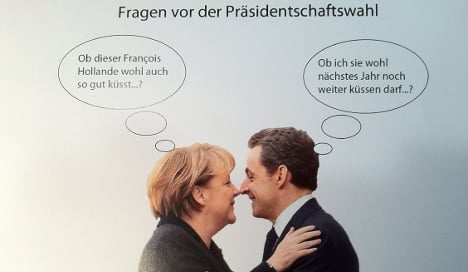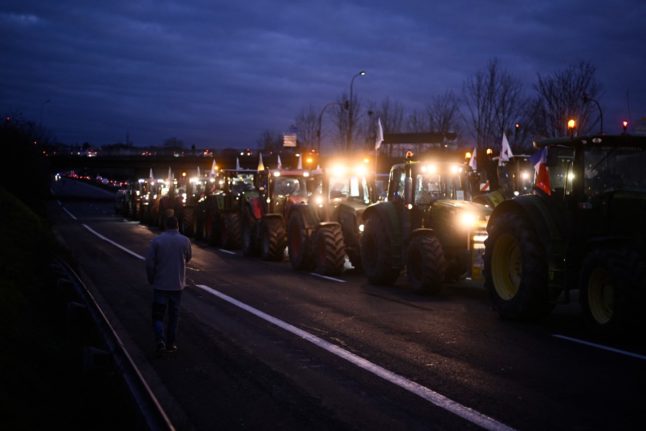Angela Merkel might not face voters for another two years in Germany, but she’s still poised to hit the campaign trail this spring.
Raising eyebrows across Europe, the chancellor tied her political fortunes this week to “Merkozy,” as her double-headed incarnation with French President Nicolas Sarkozy is widely known.
Merkel used a trip to Paris for a joint Franco-German cabinet meeting to plump for another term for Sarkozy, who is her most important European partner. The French leader is currently trailing his centre-left opponent François Hollande in the polls, but he’s hoping the endorsement by fellow conservative Merkel will help him turn the tide before France’s presidential election in April.
The show of support might appear tantamount to the German government meddling in the democratic process of another country – which it undoubtedly is. But the chancellor has apparently decided she can ill-afford to lose the French half of the Merkozy tandem while Europe’s debt crisis continues to simmer.
For his part, Sarkozy seems keen to exploit his countrymen’s growing inferiority complex when it comes to their neighbours over the Rhine. The frenetic Frenchman has even decided to peg his campaign on making France more German, proposing to copy the reforms that helped kick-start Germany’s economy a decade ago.
Some German commentators have warned that Merkel risks alienating Berlin’s closest EU ally at a critical juncture for Europe should French voters boot Sarkozy out of office this spring.
But put in the context of EU politics – both Merkel’s CDU and Sarkozy’s UMP belong to the same centre-right grouping in the European Parliament – the endorsement seems less out of place.
And besides, Sarkozy’s opponent Hollande was recently invited to appear at a party congress of Germany’s centre-left Social Democrats in Berlin.
For better or worse, Germany and France are stuck with each other. And if Merkozy doesn’t get re-elected, the Merkel-Hollande tandem – presumably to be called “Merde” – will just have to save Europe instead.
Marc Young



 Please whitelist us to continue reading.
Please whitelist us to continue reading.
Member comments